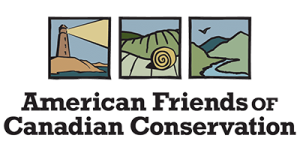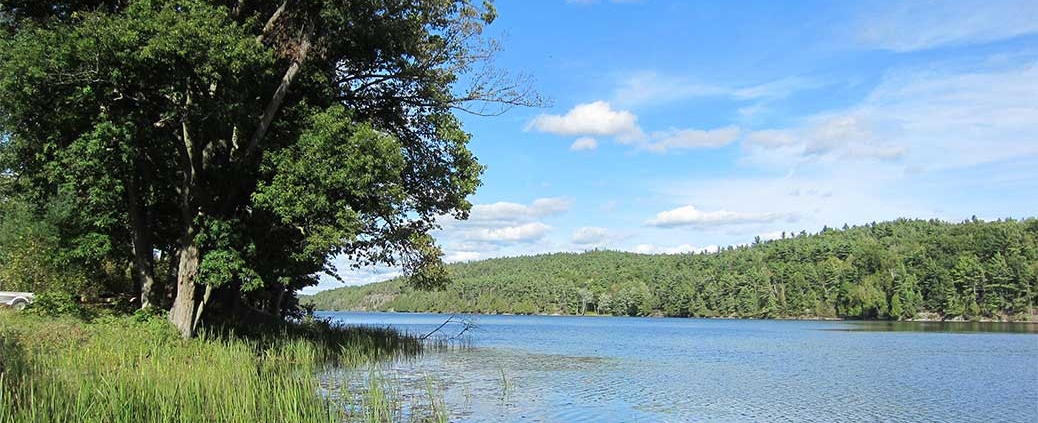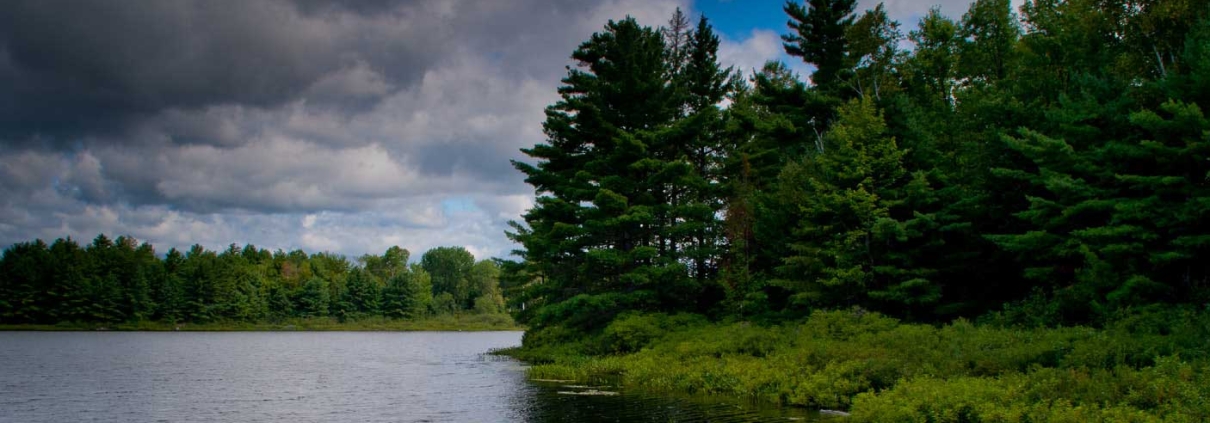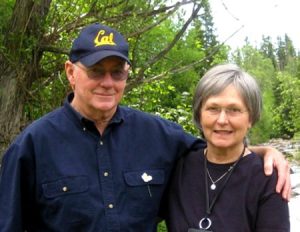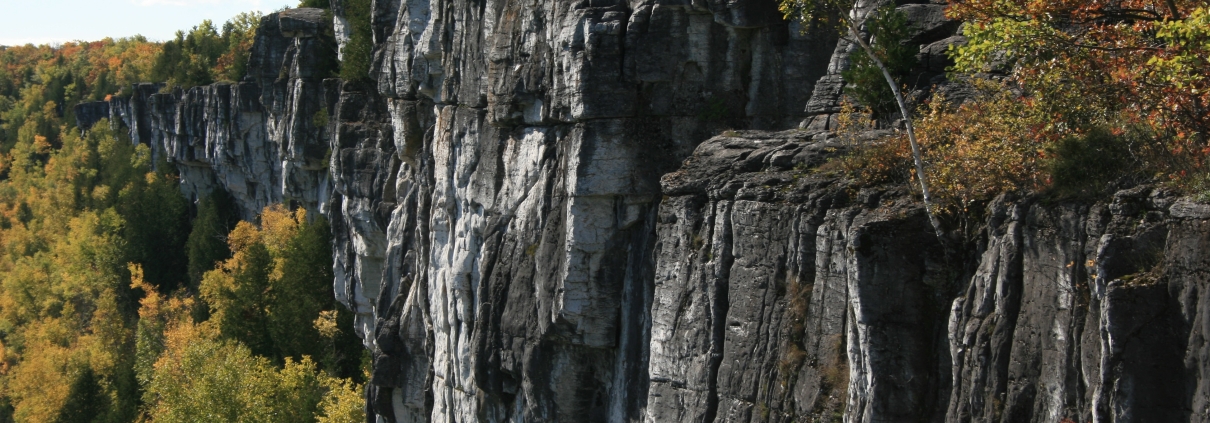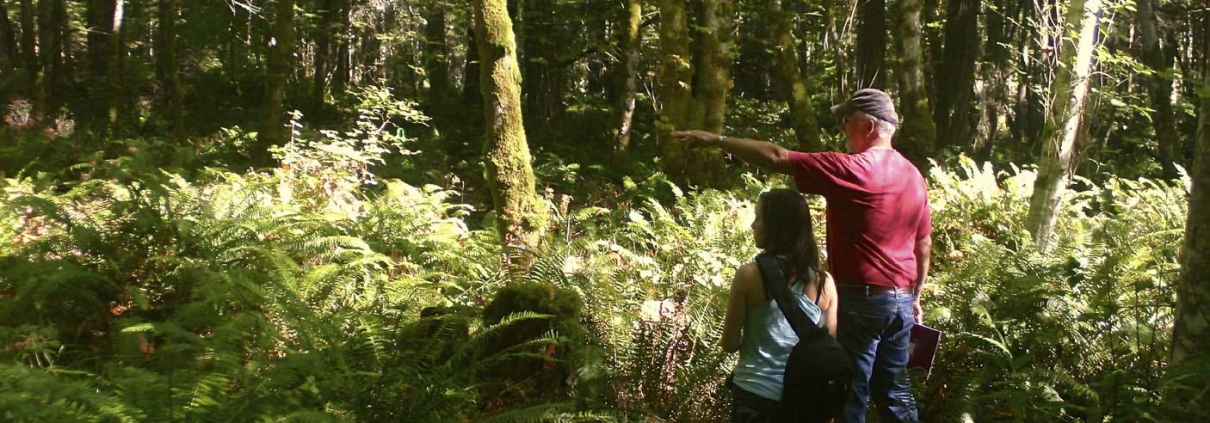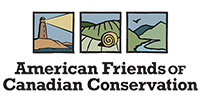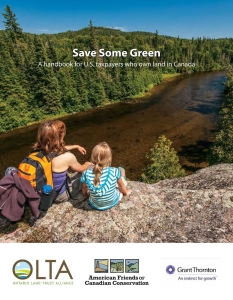By Alison Howson, Executive Director of the Ontario Land Trust Alliance
Conservation is all about people. Our activities threaten habitat for all species. On the other hand, our passion for nature provides the inspiration for preservation. We are cause and cure. Land trusts provide knowledge and support to people who are inspired to act on behalf of nature, and future generations.
The Ontario Land Trust Alliance (OLTA) strengthens land conservation in Ontario by building and supporting a strong land trust community. We ensure that conservation organizations have the knowledge and tools to be effective.
Three years ago, OLTA and American Friends launched the Cross-border Conservation Training Program (CCTP) to increase land trusts’ capacity to protect ecologically significant, and potentially threatened, properties owned by US taxpayers. In recognition of the potential land protection outcomes, the Ontario Trillium Foundation provided the key funding. The McLean Foundation also invested in the CCTP. We are extremely grateful for this support which brought our project to life.
Educating landowners from the US about differences between our two countries’ capital gains tax regimes is a critical conservation strategy. In Canada, capital gains results from almost all transfers of appreciated real estate; including bequests. Under the US system which uses an estate tax instead, only the very wealthiest Americans have to worry. As a consequence, Americans often don’t make any special estate arrangements for their Canadian property; opting to “…just give it to the kids.”
The Canadian tax on such a gift can be as much as 25% of the property’s appreciation. Where property values have escalated sharply, the tax quickly adds up to six figures. Unless the current owners set aside funds, their heirs may have to sell some or all of the property for development in order to pay the tax.
This is why OLTA and American Friends are helping Canadian land trusts provide guidance and support to US landowners and their professional advisors.
Happily there are tax incentives in both the US and Canada to promote permanent protection of Canada’s natural heritage. Unfortunately, this fact is not widely known. Through the CCTP, OLTA and American Friends are providing materials to share this information with US owners of priority parcels in Ontario. Tax benefits can make it financially feasible for US owners to act on their passion to protect their favorite places. We are proud to report that CCTP has created innovative new tools, built land trust capacity and helped advance the protection of thousands of acres of environmentally sensitive lands owned by US taxpayers.
Beauvais Point, on Wolfe Island, is a perfect example. Located in the Thousand Islands region of the St. Lawrence River, very close to where it originates in Lake Ontario, Wolfe Island’s forests have almost all been cut to create farmland. The majority of the shore is divided into second home lots for vacationers who can swiftly reach Wolfe Island via a short ferry trip.
Thanks to the multi-generational stewardship of the MacLean family, Beauvais Point is the exception, with an impressive forest, on rich, dark soil. Visitors are struck by the unusually lofty canopy height of the straight, tall shagbark hickories and maples. The extensive waterfront is mostly natural. These features protect habitat for migratory birds and rare plants, and maintain the clear water and clean river bottom that species like small and largemouth bass and muskellunge require for reproduction.
Burton (Mackie) MacLean and his wife Charlotte, who live in Pennsylvania, were searching for a realistic way to pass Beauvais Point to their adult children and ensure that their large crew of grandchildren would be able to experience the river, the woods, and the company of their extended family. To achieve that vision, they needed a conservation approach to reduce Canadian taxes and produce a US income deduction. The CCTP helped make that possible.
Last year, Mackie and Charlotte donated perpetual conservation easement to American Friends in a transaction facilitated by Thousand Islands Watershed Land Trust (TIWLT). Beauvais Point cannot be subdivided and new structures are allowed only in the areas around existing buildings. A CCTP workshop for landowners, hosted by TIWLT, helped inform the MacLeans of their options. The CCTP also provided essential funds for transaction costs associated with the easement gift.
This year, as part of the CCTP program, the MacLeans welcomed dozens of other American landowners to Beauvais Point to share their story, and showed off the natural features of the property to inspire other families to follow their lead.
Together, OLTA and American Friends look forward to all the important future land conservation in Ontario that is resulting from our program and partnerships.
